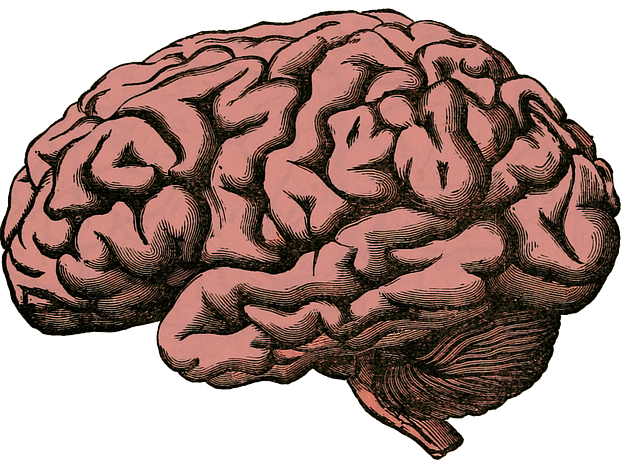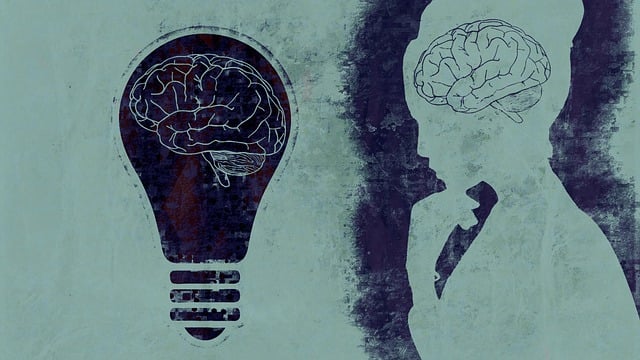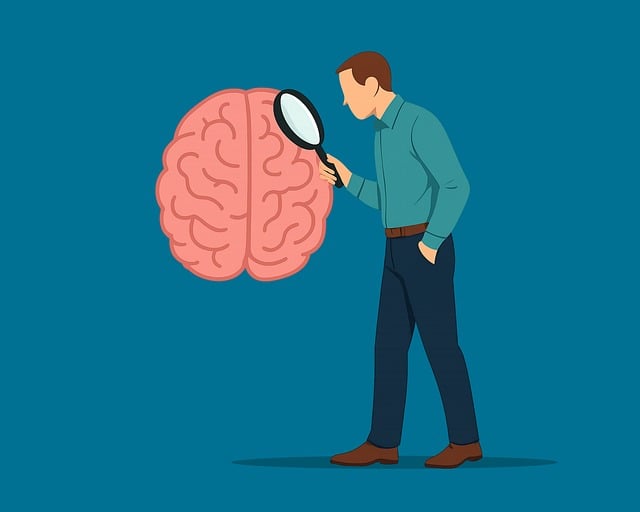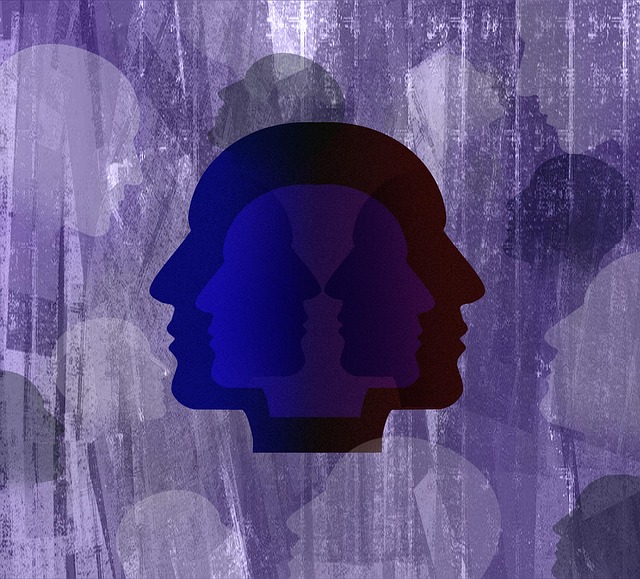In today's diverse society, particularly in Highlands Ranch, mental healthcare professionals must prioritize cultural sensitivity to provide effective therapy and accurate independent medical evaluations (Highlands Ranch Independent Medical Evaluations Therapy). Understanding unique belief systems, values, and practices enhances treatment outcomes. Cultural sensitivity initiatives, such as education programs focusing on resilience-building self-care practices and mindfulness meditation, create inclusive environments that honor client identities. Despite challenges like language barriers and unconscious biases, continuous learning, adaptive practices, and community engagement are crucial for success. Tailored communication strategies and empathy build trust, encouraging open dialogue and positive, lasting results in Highlands Ranch independent medical evaluations and therapy.
In the diverse landscape of mental healthcare, cultural sensitivity is a game-changer. Understanding and respecting cultural differences can significantly impact treatment outcomes for individuals from various backgrounds. This article explores the essential components of cultural diversity in mental health care, delves into the benefits of culturally competent therapy, and provides practical strategies for therapists in Highlands Ranch to enhance their practice. We also present compelling case studies showcasing successful, culture-sensitive mental healthcare approaches.
- Understanding Cultural Diversity in Mental Health Care
- The Impact of Cultural Sensitivity on Treatment Outcomes
- Challenges in Providing Culturally Competent Therapy
- Strategies for Incorporating Cultural Awareness in Practice
- Case Studies: Successful Cultural Sensitive Mental Healthcare
Understanding Cultural Diversity in Mental Health Care

In today’s diverse society, mental healthcare professionals must embrace cultural sensitivity to provide effective treatment. Understanding cultural diversity goes beyond basic demographics; it involves recognizing and appreciating the unique belief systems, values, and practices that shape individuals’ experiences of mental health and illness. This is particularly important in locations like Highlands Ranch, where a mix of backgrounds and traditions co-exist. For instance, what might be considered a healthy coping mechanism in one culture could be perceived differently in another. Therefore, therapists and evaluators conducting independent medical evaluations must be equipped with the knowledge to navigate these nuances.
Mental health education programs that incorporate cultural sensitivity design and resilience-building self-care practices are essential tools for healthcare providers. By integrating these initiatives, practitioners can foster inclusive environments that honor clients’ identities while delivering high-quality therapy. This approach not only enhances treatment outcomes but also strengthens the bond between caregiver and patient, ultimately contributing to more positive mental health journeys.
The Impact of Cultural Sensitivity on Treatment Outcomes

Incorporating cultural sensitivity into mental healthcare practice significantly enhances treatment outcomes, especially for diverse patient populations. Understanding and respecting a patient’s cultural background, beliefs, and values can foster a deeper connection and trust between therapist and client, leading to more effective interventions. For instance, in Highlands Ranch independent medical evaluations therapy, culturally sensitive practitioners might adapt their assessment and treatment approaches to accommodate specific therapeutic needs, such as incorporating traditional healing practices or addressing unique stressors related to a patient’s ethnic or cultural identity.
This tailored approach not only improves the overall quality of care but also promotes better engagement and adherence to treatment plans. Research suggests that patients who experience culturally sensitive care are more likely to remain in therapy, report improved symptoms, and achieve better clinical outcomes. Moreover, integrating mindfulness meditation techniques, which have shown promise in stress management, can further benefit patients from diverse cultural backgrounds by providing them with tools to navigate life’s challenges while respecting their unique cultural perspectives.
Challenges in Providing Culturally Competent Therapy

Providing culturally competent therapy is a complex endeavor, especially in diverse communities like Highlands Ranch, where a range of ethnic and cultural backgrounds coexist. One of the primary challenges lies in overcoming language barriers, which can significantly impact effective communication between therapists and clients. Accurate interpretation services are essential, but they may not always capture the nuances of cultural expressions and idioms, potentially leading to misunderstandings.
Additionally, therapists must be mindful of unconscious biases and stereotypes that could influence their interactions. In a bustling healthcare environment, where time is often limited, professionals might inadvertently generalize individuals based on their cultural or ethnic identities, overlooking their unique personal experiences and struggles. This can hinder the development of a safe, non-judgmental space crucial for fostering trust and engaging in meaningful therapy sessions, including crisis intervention guidance, inner strength development, and depression prevention strategies tailored to each client’s cultural context.
Strategies for Incorporating Cultural Awareness in Practice

Incorporating cultural awareness into mental healthcare practice is a multifaceted approach that requires ongoing learning and adaptation. One key strategy involves engaging in continuous education through workshops, training sessions, and diverse reading materials to gain insights into different cultural perspectives and practices related to mental health. This can be further enhanced by building a diverse professional network that includes therapists from varied cultural backgrounds, enabling knowledge sharing and collaborative problem-solving.
For instance, Highland Ranch independent medical evaluations and therapy centers can facilitate this process by implementing community outreach programs that engage with local cultural groups. Such initiatives promote understanding of specific cultural needs and beliefs regarding mental health and emotional healing processes. Additionally, promoting open communication and actively listening to patients’ cultural narratives can help therapists tailor their approaches, fostering a safe and supportive environment for all clients, regardless of their background. This holistic strategy not only enhances the effectiveness of therapy but also contributes to burnout prevention by ensuring practitioners are equipped to navigate diverse cultural landscapes.
Case Studies: Successful Cultural Sensitive Mental Healthcare

In the context of Highlands Ranch independent medical evaluations and therapy, cultural sensitivity is a cornerstone of effective mental healthcare. Successful case studies illustrate how therapists who incorporate communication strategies tailored to diverse backgrounds can significantly enhance treatment outcomes. For instance, a study focusing on a first-generation immigrant population revealed that incorporating culturally relevant Self-Awareness Exercises led to improved anxiety relief and overall well-being.
The therapist in this scenario demonstrated empathy and flexibility, adjusting their approach to align with the client’s traditional beliefs and values. This personalized strategy not only fostered trust but also encouraged open communication, allowing for a deeper exploration of the individual’s mental health concerns. Such approaches are pivotal in ensuring that everyone receives care that respects their unique cultural identity, ultimately leading to more positive and lasting results.
In light of the diverse populations seeking mental healthcare, cultivating cultural sensitivity is paramount. The article has explored key aspects, from recognizing cultural diversity in mental health care to overcoming challenges in providing competent therapy. Incorporating cultural awareness strategies, such as those highlighted for Highlands Ranch independent medical evaluations and therapy, can significantly enhance treatment outcomes. Successful case studies demonstrate the profound impact of culturally sensitive practices, underscoring their essential role in fostering inclusive and effective support for all individuals.














